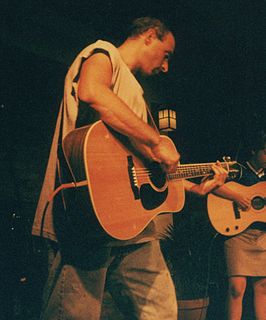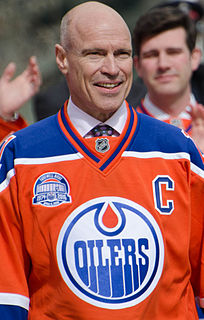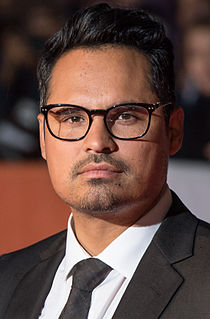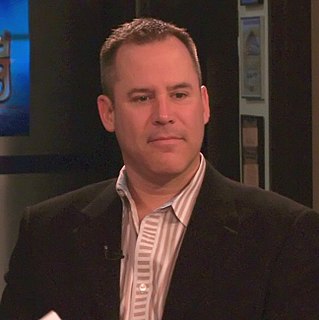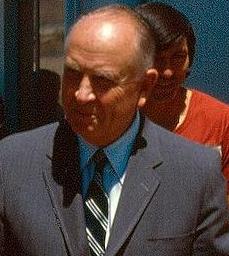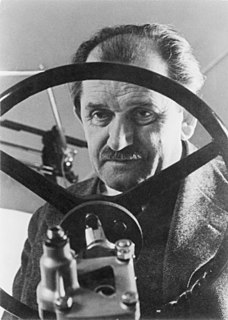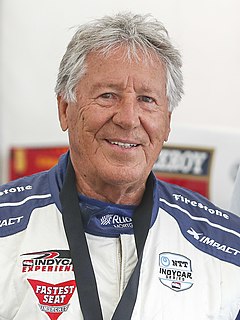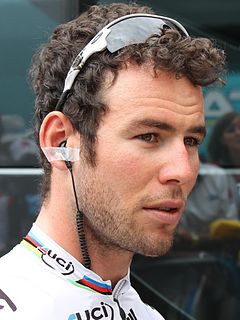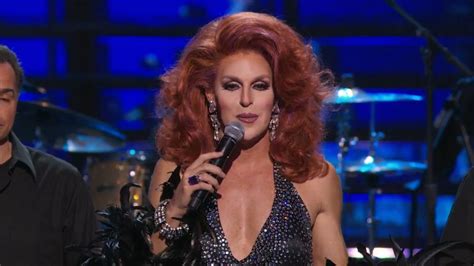A Quote by Guy Martin
There's a line you have when you're racing, and you can ride up to that line. If you push beyond it, you might crash. But first is first, second is forgotten. That's what we say.
Related Quotes
Even when there's not a joke or a hook, the first line has to be good and snapem to attention. Songs ain't novels. You don't have 30 pages to slowly wrap somebody in. They're more like short stories or poems. If the first line hasn't grabbed them, you won't get to the second line. Once you've developed an audience, you may have some luxury and trust, so you don't have to knock 'em over the head with line one.
I've always gone with Kafka's model of establishing the world from the first line, as in Kafka's famous line from Metamorphosis, "Gregor Samsa woke up from uneasy dreams to find himself transformed into a gigantic insect" (or beetle or cockroach, depending on the translation). I have to have that first line before I can go further.
One night a guy hit his head on a welding gun. He went to his knees. He was bleeding like a pig, blood was oozing out. So I stopped the line for a second and ran over to help him. The foreman turned the line on again, he almost stepped on the guy. That's the first thing they always do. They didn't even call an ambulance. The guy walked to the medic department -- that's about half a mile -- he had about five stitches put in his head. The foreman didn't say anything. He just turned the line on. You're nothing to any of them.
As a writer, you're always trying to say the best thing. You're always thinking about what's the best thing to say, and what's the hardest way to say it, and what's the best line? Sometimes the best line is the simplest line. Sometimes the best line is the line that evokes more feeling than actual wordsmithing.

